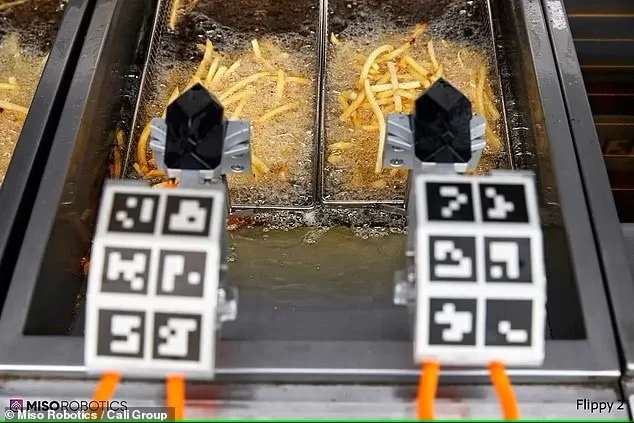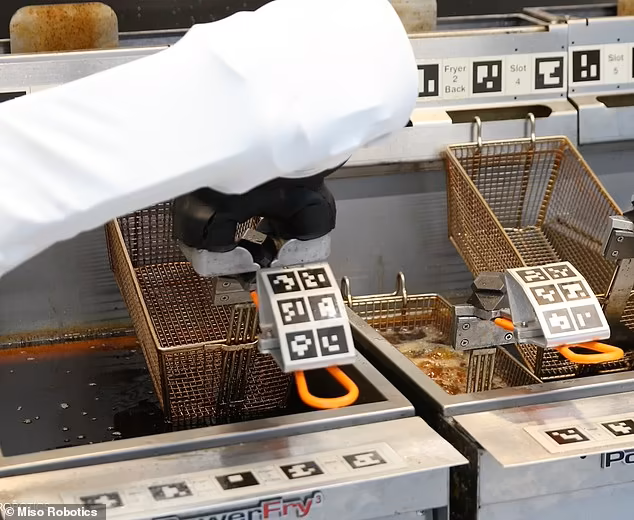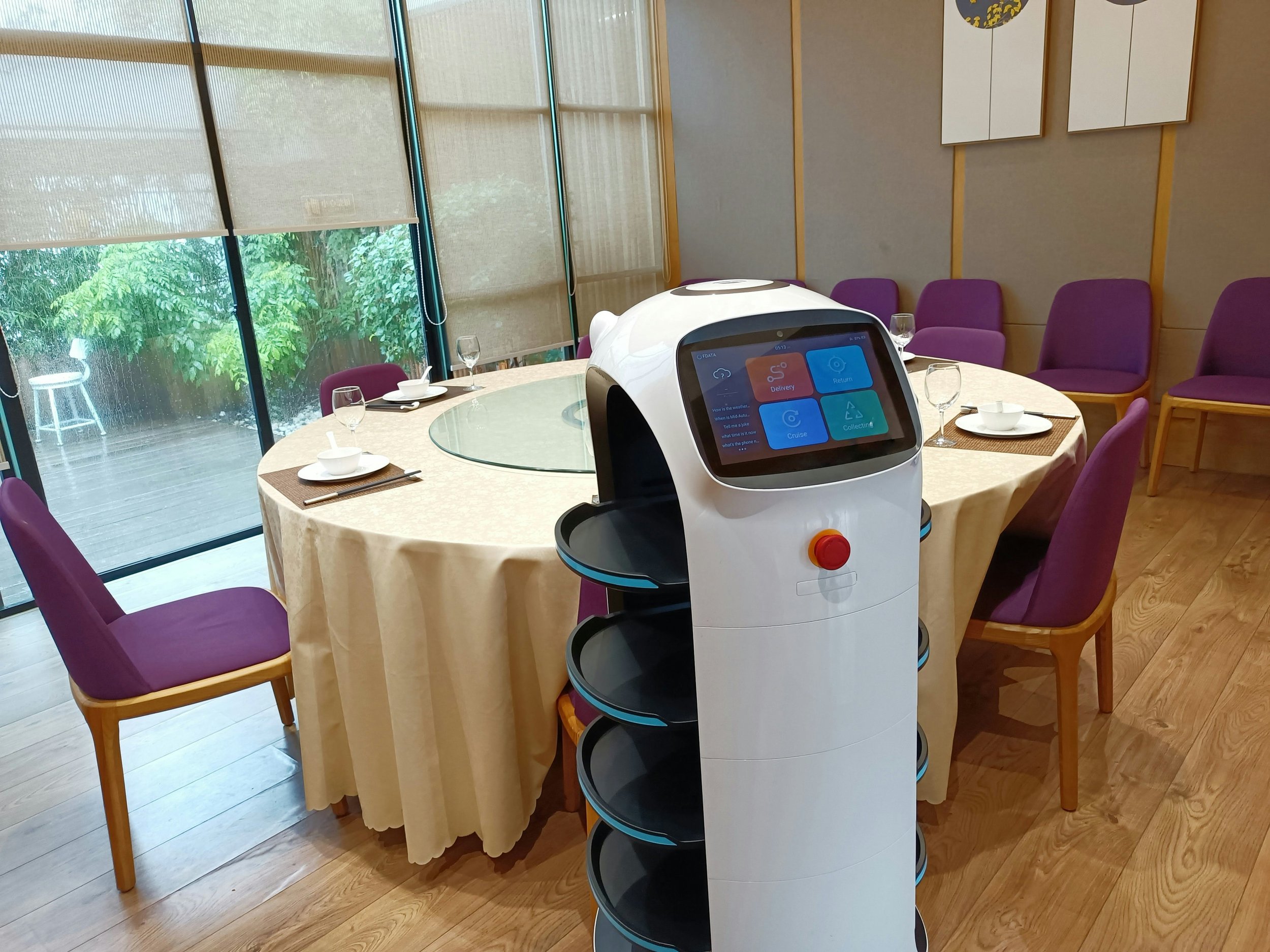What’s Trending February 2024
The Culinary Future: AI, Robots, and Collaborative Innovation Transforming Fast Food and Food-Tech Hubs
The culinary scene is undergoing a revolutionary transformation with the integration of artificial intelligence (AI) and robots. These advancements not only redefine how we experience fast food but also address global challenges such as job displacement and food security.
In Pasadena, California, a restaurant operated by a patented AI-powered robot named Flippy, boasts the title of 'the world's first operating restaurant where both ordering and every single cooking process are fully automated.' Flippy, a rail-mounted mechanical arm, is responsible for tasks such as deep frying chicken nuggets and French fries, while a fellow 'BurgerBot' handles grilling patties
Cali Group, the holding company behind Flippy, aims to inspire the next generation of kitchen AI and automation entrepreneurs through educational tours and robotics exhibits. The CaliExpress location also serves as a pseudo-museum experience, showcasing retired Flippy units and 3D-printed artifacts from past development.
Far far away from Pasadena, in the North of Israel, particularly the Kiryat Shmona region, there is an emerging hub for culinary innovation and technology. The Galilee Culinary Institute (GCI), situated in this thriving tech scene, is at the forefront of this transformative culinary movement. GCI collaborates with Fresh-Start FoodTech Incubator, established in 2020, tapping into the surge of Israeli foodtech start-ups, thus creating a vibrant and dynamic ecosystem.
GCI's commitment to innovation is evident in its partnership relationships. Students enrolled in the program will collaborate with partners like Fresh-Start, providing them with out-of-the-classroom experiences and feedback for their culinary ideas. The GCI program, rooted in the entrepreneurial spirit, aims to foster industry-ready students with knowledge in entrepreneurship and hands-on experience.
GCI's program includes a flexible curriculum that adapts to changes in the world and the entrepreneurial culture. Students have opportunities to contribute to personal and environmental responsibility across the food ecosystem. The program also offers mentorships with entrepreneurs from various sectors, including agritech, water tech, and food production. Additionally, students benefit from a toolbox of reflection and lifelong learning through authentic experiences, human relationships, and personal responsibility, including courses in business, social media, and marketing.
Collaboration with Margalit Startup City Galil is a significant aspect of GCI's program. Students will actively engage with startups in the food-tech hub, utilizing technology innovations and contributing to product development. The collaborative efforts extend to students assisting startups in various capacities, such as creating new products.
The food-tech hub's value lies not only in its convenience and expertise but also in its ability to create a supportive environment for budding entrepreneurs. This collaborative ecosystem allows companies like Planteam to thrive, contributing to the local economy and addressing global challenges.
As AI and robots reshape the fast-food landscape and food-tech hubs become centers of collaborative innovation, the culinary future is not only about redefining how we experience food but also about creating solutions for a sustainable and nourished world.
https://www.galileeculinaryinstitute.com/partnerrelationships
https://www.jpost.com/israel-news/article-699036
https://www.dailymail.co.uk/sciencetech/article-12894447/first-restaurant-powered-artificial-intelligence.html



